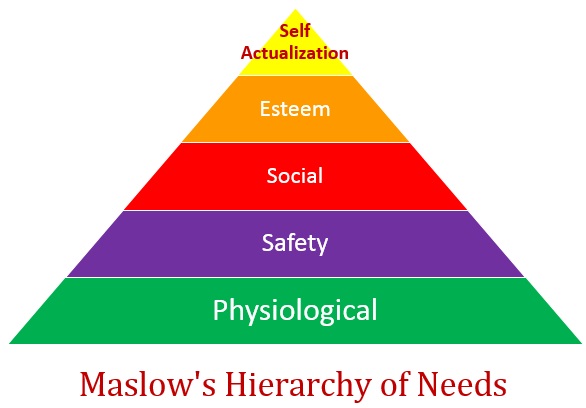
Understanding the Dynamics of Social Needs
Human beings are inherently social creatures, wired to seek connection and belonging with others. Our social needs encompass a wide range of desires and requirements, ranging from basic interactions to deeper emotional connections. In this article, we’ll explore the significance of social needs in our lives and how fulfilling them contributes to our overall well-being and happiness.
The Importance of Social Interaction
Social interaction is a fundamental aspect of human existence, influencing our mental, emotional, and physical health. From casual conversations with acquaintances to intimate relationships with loved ones, each interaction plays a vital role in shaping our sense of self and belonging. Research has shown that regular social engagement can reduce feelings of loneliness, depression, and anxiety, while also boosting self-esteem and resilience in the face of adversity.
Building Meaningful Relationships
At the heart of our social needs lies the desire for meaningful relationships and connections with others. Whether it’s with family members, friends, or romantic partners, these relationships provide us with emotional support, companionship, and a sense of belonging. Cultivating and nurturing these connections requires time, effort, and vulnerability, but the rewards of deep and fulfilling relationships are immeasurable.
The Role of Social Support
Social support is a crucial component of meeting our social needs, providing us with a network of individuals who offer encouragement, empathy, and assistance during times of need. Whether it’s a shoulder to lean on during challenging times or a cheerleader to celebrate our successes, knowing that we have people in our corner can significantly impact our mental and emotional well-being. Building a strong support system requires reciprocity and trust, as well as the willingness to offer support to others in return.
Navigating Social Challenges
While social interactions can bring joy and fulfillment, they can also present challenges and conflicts that test our relationships and communication skills. Misunderstandings, disagreements, and differing perspectives are inevitable in any social interaction, but learning to navigate these challenges with empathy, patience, and open-mindedness can strengthen our relationships and deepen our connections with others. Effective communication, active listening, and conflict resolution skills are essential tools for overcoming obstacles and fostering healthy relationships.
The Impact of Social Isolation
On the flip side, social isolation and loneliness can have detrimental effects on our physical and mental health. Whether due to geographic distance, lifestyle factors, or personal circumstances, feeling disconnected from others can lead to feelings of depression, anxiety, and decreased overall well-being. In today’s digital age, where virtual connections often replace face-to-face interactions, it’s more important than ever to prioritize quality time with loved ones and cultivate meaningful relationships offline.
Strategies for Meeting Social Needs
Meeting our social needs requires intentional effort and commitment to fostering meaningful connections with others. This may involve reaching out to friends or family members for regular social gatherings, joining community groups or clubs with shared interests, or volunteering and giving back to the community. Additionally, practicing self-care and setting boundaries in our relationships can help ensure that our social interactions are healthy, balanced, and fulfilling.
Embracing Diversity and Inclusivity
As we strive to meet our own social needs, it’s essential to recognize and celebrate the diversity of human experiences and perspectives. Embracing diversity and inclusivity enriches our social interactions, broadens our understanding of the world, and fosters empathy and compassion for others. By actively seeking out diverse perspectives and engaging with individuals from different backgrounds, we can create more inclusive and welcoming communities where everyone feels valued and accepted. Read more about social needs



